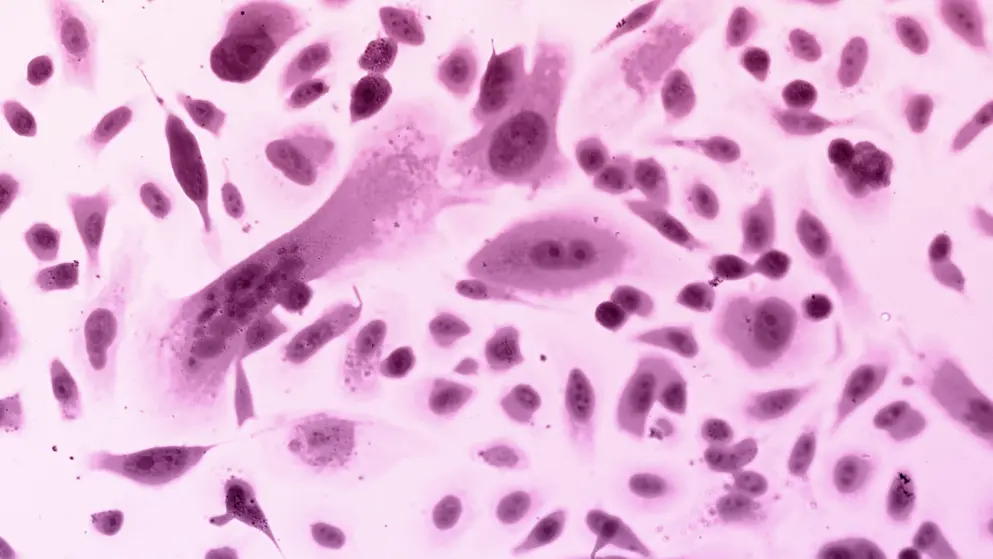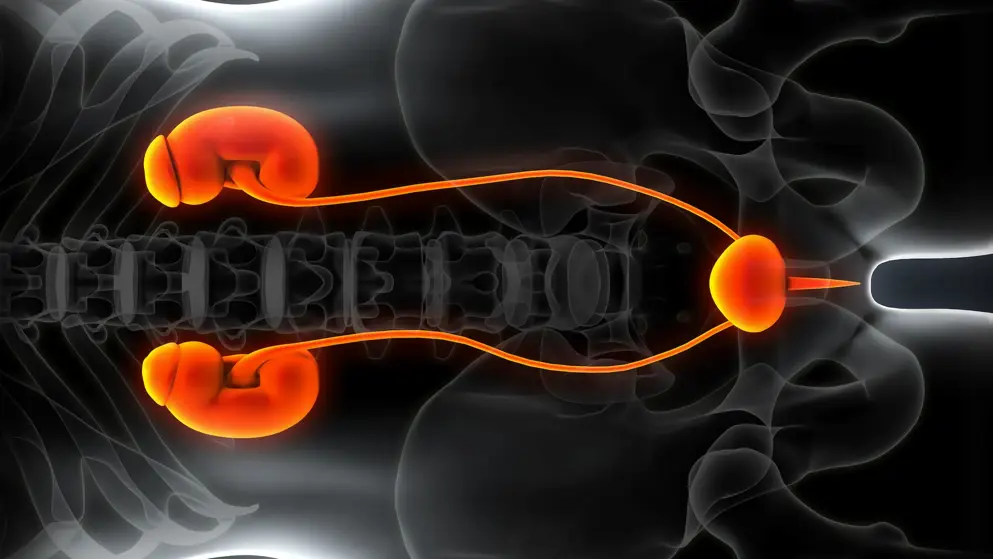
High persistent PSA linked to worse prognosis
A cohort study of people with prostate cancer indicates prostate-specific antigen (PSA) level should be assessed for at least 3 months after radical prostatectomy (RP) to minimize overtreatment, and higher persistent PSA level is associated with increased mortality.
The authors of the study, published in JAMA Oncology, suggest the results “highlight the need to monitor PSA after RP for longer than the commonly practiced 1.5-month to 2.0-month interval before concluding a persistent PSA exists and initiating post-RP therapy to minimize overtreatment.”
Of the 30,461 people in the discovery population, 4.7% had persistent PSA post-RP. Within this subgroup, the researchers found a “counterintuitive” association whereby the increase in risk for mortality relative to having undetectable PSA was significantly less for those with a pre-RP PSA level >20 ng/mL than for those with levels ≤20 ng/mL.
The adjusted hazard ratio for this interaction was a significant 0.69 for all-cause mortality (ACM) and 0.41 for prostate cancer–specific mortality (PCSM), and these remained significant even after adjustment for prostate gland volume.
Derya Tilki (University Hospital Hamburg Eppendorf, Germany) and colleagues hypothesized that this paradoxical association could be attributed to the possibility of a significant proportion of patients with pre-RP PSA >20 ng/mL achieving undetectable PSA levels had they been assessed again prior to initiation of post-RP therapy, allowing more time for clearance from the serum.
Higher persistent PSA correlated with a higher ACM and PCSM risk. The study authors say that people “with higher persistent PSA values should be included in future randomized trials evaluating the impact on PCSM and ACM risk when comparing post-RP standard of care treatment with [radiotherapy] and conventional androgen deprivation therapy (ADT) with treatment escalation approaches using androgen synthesis or receptor inhibitors.”
In addition, people with a pre-RP PSA >20 ng/mL were more frequently given post-RP radiotherapy and/or ADT and had a shorter median time to initiation, compared with people with a pre-RP PSA ≤20 ng/mL. The team proposes this “may be explained by the shorter time intervals from RP to PSA assessments in people with a pre-RP PSA greater than 20 ng/mL.”
Tilki and colleagues state the primary limitation of the study is that analysis of the validation cohort (N=12,837) confirmed the influence of pre-RP PSA level on the association between persistent post-RP PSA and PCSM risk, but not ACM risk. However, they suggest that “given the significant reduction in PCSM risk, a significant reduction in ACM risk would be expected with further follow-up in otherwise healthy patients.”
Developed by EPG Health for Medthority, independently of any sponsor.
of interest
are looking at
saved
next event



